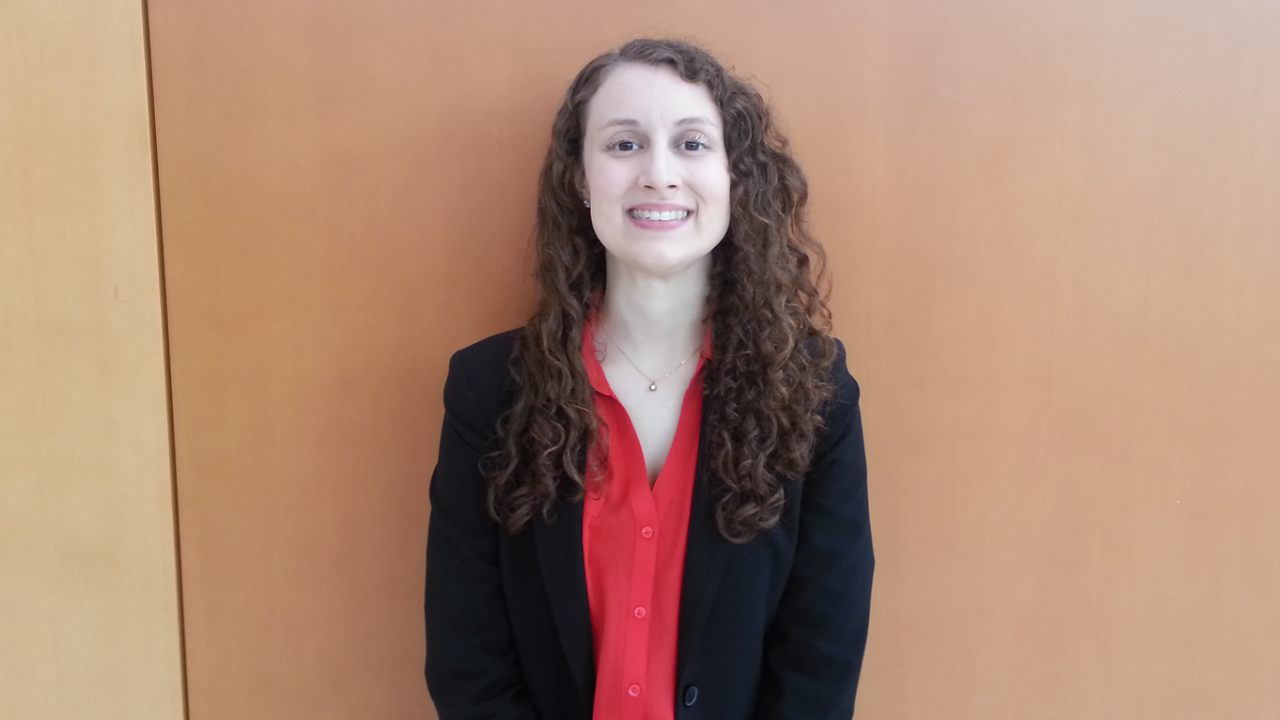By Chris Lowe
Some of our iJOBS participants have been able to complete an industrial internship during their PhD studies. In this post we sit down with Kathryn Drzewiecki, a 5th year PhD student in biomedical engineering, to learn about her internship experience and see what advice she would offer other students looking to transition into industry.
Q: “Can you tell us where you did your internship and what your role with the company was?”
Kathryn: “I interned at Celgene Cellular Therapeutics (CCT), in the New Product Platforms Group. This group focuses on products that are in between the research stage and process development stage. So something that’s shown promise as a potential therapy, but is not quite scaleable yet. There’s still some issues that need to be sorted out before really refining and developing the process for good manufacturing practice during process development. What they are focusing on right now is developing cancer immunotherapies, specifically with T-cells.”
Q: “What were the expectations for you and what responsibilities were you given as an intern for the summer?”
Kathryn: “As a PhD student, I felt like I was able to take full ownership for my projects the entire time I was there. In terms of my responsibilities, I had three projects that I was working on. These projects involved characterizing expansion culture parameters for T-cells derived from both healthy donors and those with relevant disease, which is important for cancer immunotherapies. My responsibilities were quite heavy in the lab, and I enjoyed contributing to such important projects.”
Q: “What are your biggest takeaways from the experience? Did the internship change your perspectives on careers choices moving forward?”
Kathryn: “Well one of the things that I really enjoyed about my internship was that I felt like my training in an academic lab, regardless of what I worked on, could be translated to any other project. There really isn’t a project that you can’t do, if you develop these critical thinking skills during a PhD and intend to go into industry. In my academic lab I work on developing materials, I had some cell culture experience, but going into Celgene I knew nothing about the immune system and T-cells, not really, and so everything I picked up about it I read in the literature and I was able to complete these projects based on my critical thinking skills. Knowing that really gave me the confidence that I could solve any problem that I was faced with no matter kind of what lab situation or what industry environment or project I was working on.”
Q: “Would you recommend doing an internship during your PhD?”
Kathryn: “I think so. I think that it’s a valuable experience for those who are thinking about going into industry but aren’t really sure about it. Because I think that the environment, even though I’ve kind of painted it maybe as being just more lab work, is different than what I can express just in this talk and I think that it’s something that you need to experience for yourself if it’s somewhere you think you want to go.”
Q: “Is there anything else you want to add about your internship experience?”
Kathryn: “Just when you’re trying to get an internship, try to work your network and reach out to your connections. I also think that it’s going to be easier for you to get an internship the later in your PhD that you are. I know that a lot of people push for you to do it in your first or second year, but your lab experience definitely increases as a function of time, and so having those extra critical thinking and technical skills really allowed me to get my internship and they were really impressed with my application and the skills that I had. So if you’re really interested in working at a particular place you’ll have a better chance of getting an internship there if you wait a little bit longer and target positions that match up with your projected career goals and current skillset.”
